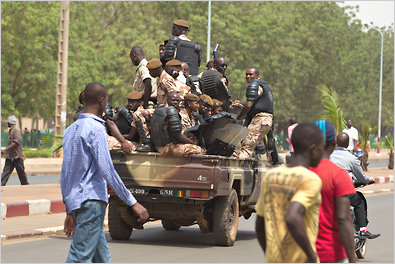
In an attempt to strengthen bonds by allowing for easier travel and trade, Mauritius has relaxed its visa requirements for 29 African countries, and 75 countries in total. According to tourism sources, the restrictive visas were “in part to blame in the past for less than expected travel from the African mainland to the island”.
According to one source regarding the change, ‘“We welcome this news as a good start, but it can only be a start. What we need to do is to emulate Seychelles where no visa [is] required at all. Their success in tourism is not just a result of the St.Ange factor. It is also a result of being able to tell potential visitors to just get on a plane and fly there, no visa, no hassle. I think if Seychelles has the mechanism to control visitors actually leaving at the end of their stay, we in Mauritius should be able to do that, too. We have a much larger population, of course, but the technology at the airport now takes pictures of visitors and if now tries to overstay they can easily be pinpointed. So ideally, one day soon, we should also abolish the visa altogether, because that will bring a boom of more visitors to Mauritius.”’
In order to stay competitive as one of the most visited islands in the Indian Ocean, this change will act as an effective counter to the rising popularity of Sri Lanka and the Maldives.
For the full article, click here: http://www.eturbonews.com/32421/mauritius-relaxes-visa-requirements-75-countries


